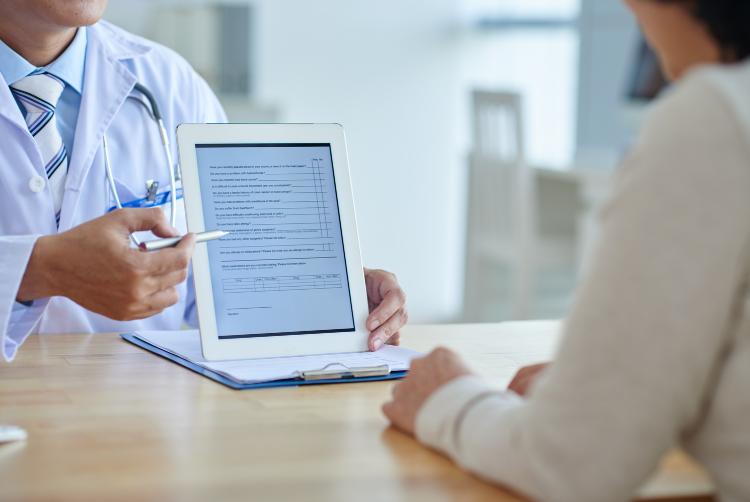What is a Polysomnography (PSG)?
Polysomnography (PSG), also known as a sleep study, is a detailed overnight test done in a sleep laboratory to evaluate your sleep patterns and identify possible sleep disorders. It is considered the gold standard for diagnosing conditions like obstructive sleep apnea (OSA), periodic limb movement disorder, narcolepsy, REM sleep behavior disorder, and nocturnal seizures.
Why You May Need a Sleep Study
Your doctor may recommend a PSG if you have symptoms such as:
- Loud, habitual snoring
- Excessive daytime sleepiness
- Witnessed breathing pauses during sleep
- Difficulty falling or staying asleep
- Sudden muscle weakness or unusual behaviors during sleep
- Difficult to treat High BP, Diabetes, Asthma, COPD and Congestive heart failure
What Happens During the Study
During a Level-1 PSG, you'll spend the night in a specially equipped, private bedroom at a sleep center. A trained sleep technologist will monitor your sleep throughout the night using painless sensors.
The test records:
- Brain activity (EEG)
- Eye movements (EOG)
- Muscle activity (EMG)
- Heart rate (ECG)
- Breathing effort and airflow
- Oxygen levels in the blood (pulse oximetry)
- Body movements and snoring sounds
The data is analyzed by a sleep physician to diagnose or rule out sleep disorders.
Before the Study: Preparation Guidelines
On the Day of the Study
- Hair & Skin: Wash your hair and body. Avoid using oil, conditioner, hair products, lotions, or creams.
- Medications: Continue your routine medications unless advised otherwise.
- Caffeine & Alcohol: Avoid after noon on the day of the study.
- Napping: Avoid naps.
- Smoking: Try to limit smoking.
What to Bring
- Comfortable nightclothes
- Toiletries
- Your regular medications
- A book or something relaxing
- A change of clothes for the next day
- Photo ID and referral/test order
- CPAP/BiPAP (if using)
- Snacks or water
- A favorite pillow or blanket (optional)
Important Notes
- Arrive at the sleep center between 9 pm and 10 pm, or at least 1 hour before your usual sleep time
- The test ends between 6:00 AM and 7:00 AM.
- A technologist will greet you and explain the procedure
- Inform if you have mobility issues, medical devices, or require a caregiver.
- You may be asked to trim facial hair.
- Inform if you are menstruating or pregnant.
During the Study: What to Expect
- A sleep technologist will attach sensors with gel or adhesive
- Attachments are not painful
- You’ll be monitored from an adjacent room through a camera and microphone.
- You may move, change positions as usual
- Bathroom breaks are allowed.
- If apnea is detected, CPAP titration may be done during the same night

After the Test
- Electrodes will be removed
- You can shower and get dressed
- Resume normal activities
- Sleep specialist will review
- Results in 3–7 days; however, on special request, if the patient has come from out of station, the report can be provided the next day
Safety and Comfort
- The study is non-invasive and painless.
- Your privacy and comfort are a priority.
- Emergency protocols are in place.
Important Do’s and Don’ts
Do’s:
- Follow a regular sleep schedule
- Eat a light dinner before arrival
- Inform of recent illness
Don’ts:
- Don’t nap during the day
- Don’t consume alcohol/caffeine
- Don’t apply lotions or nail polish
Frequently Asked Questions
Yes, most patients adjust quickly.
No, it’s non-invasive and painless.
Yes, for safety and accurate data.
Yes, the technologist will assist.
